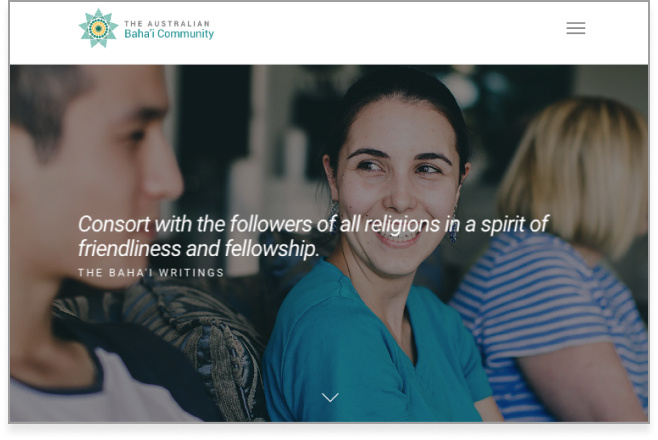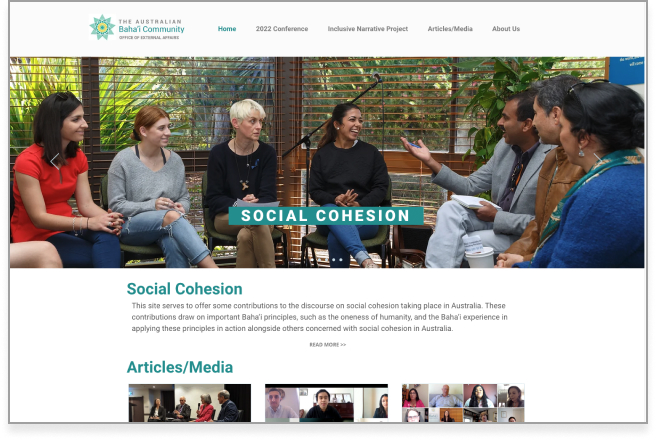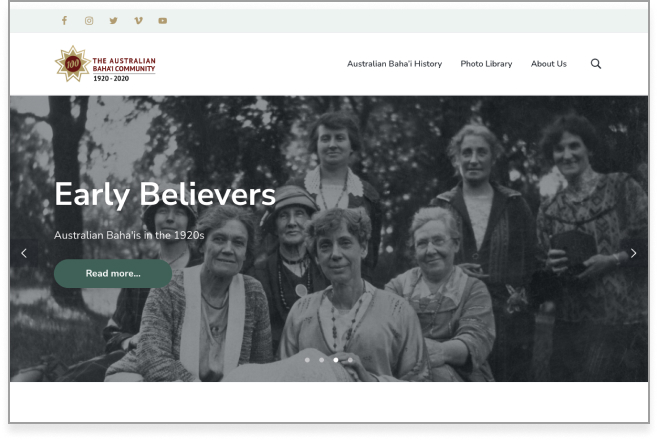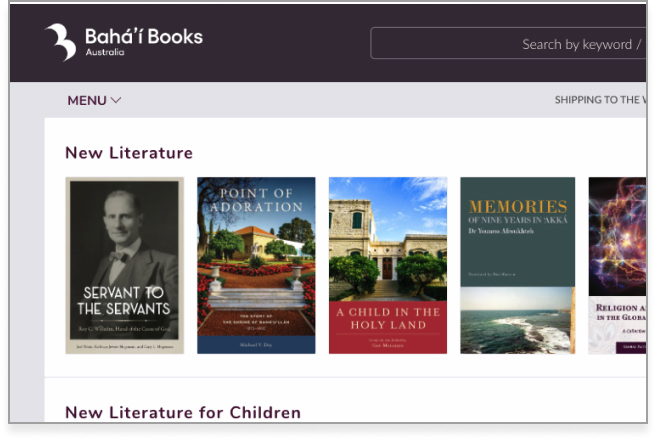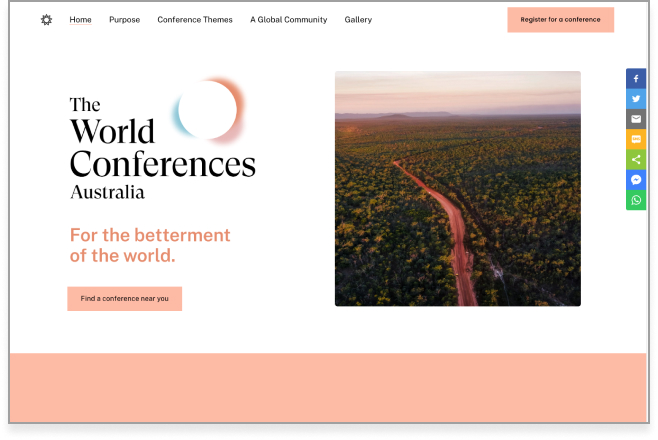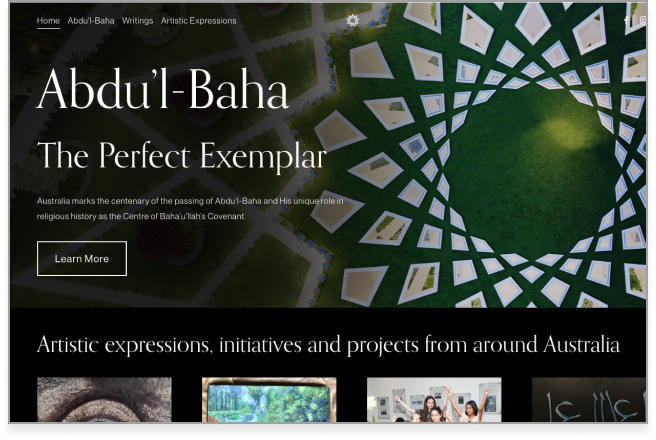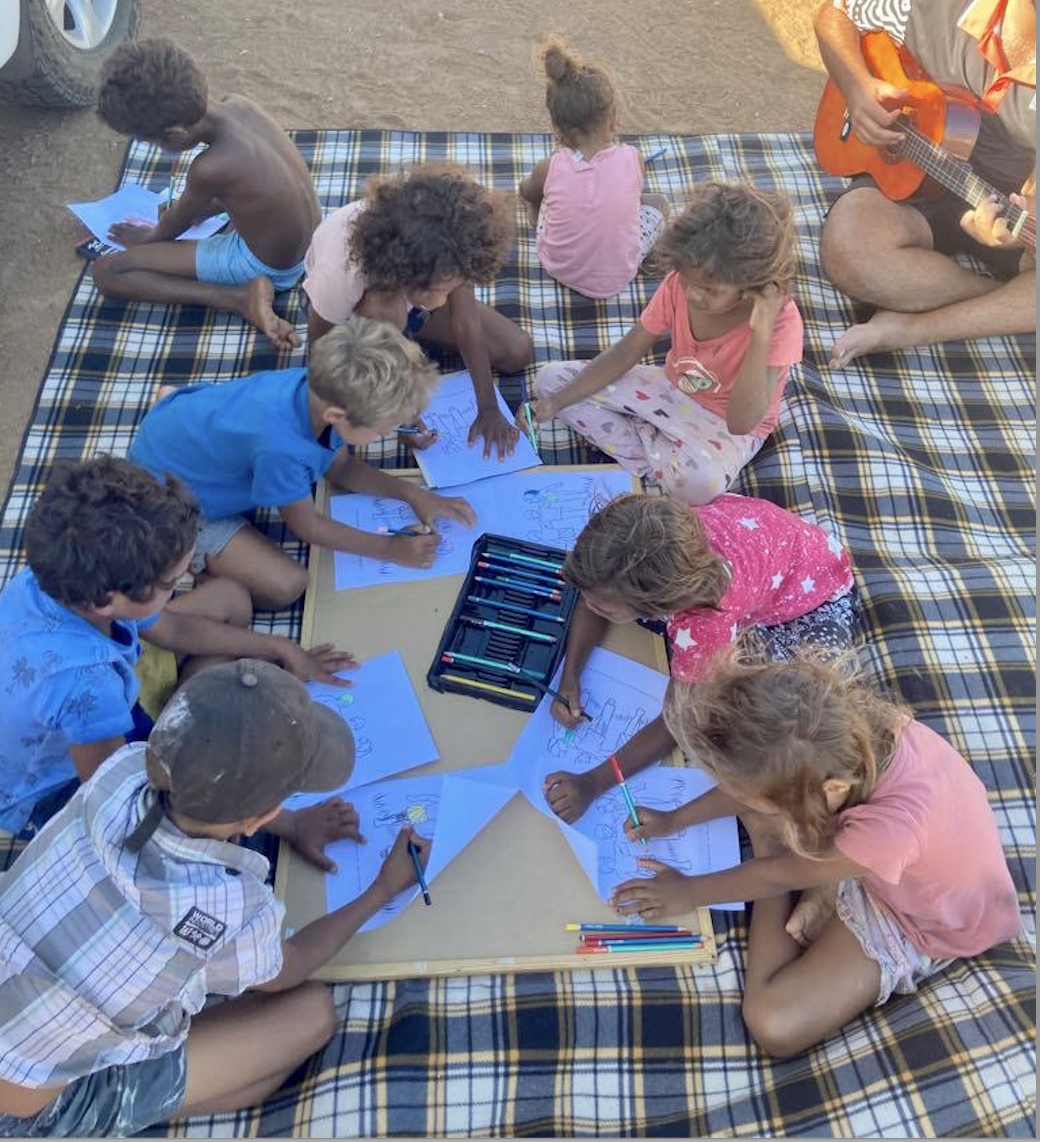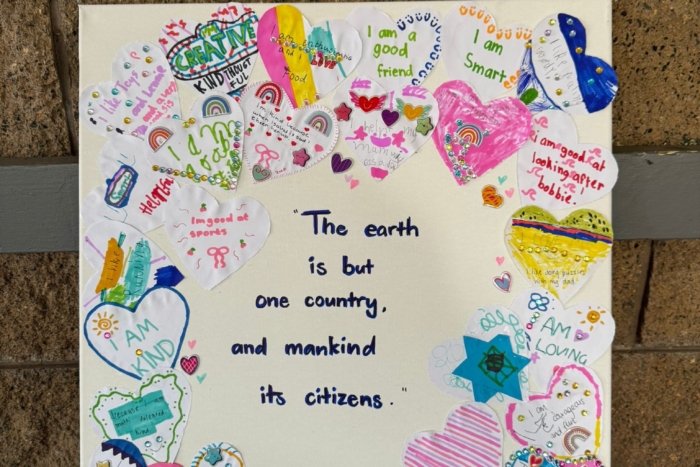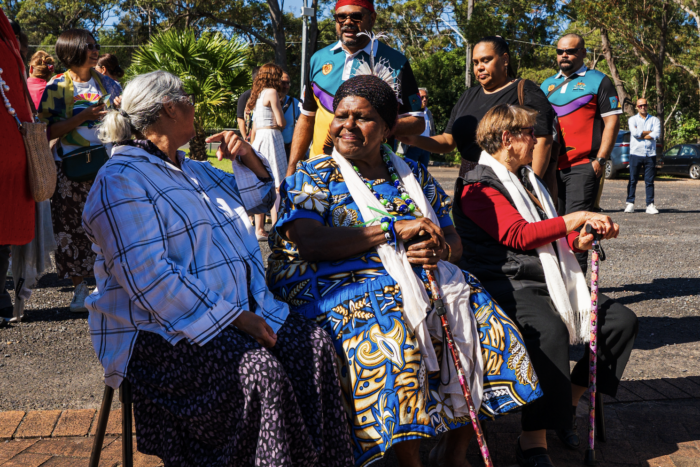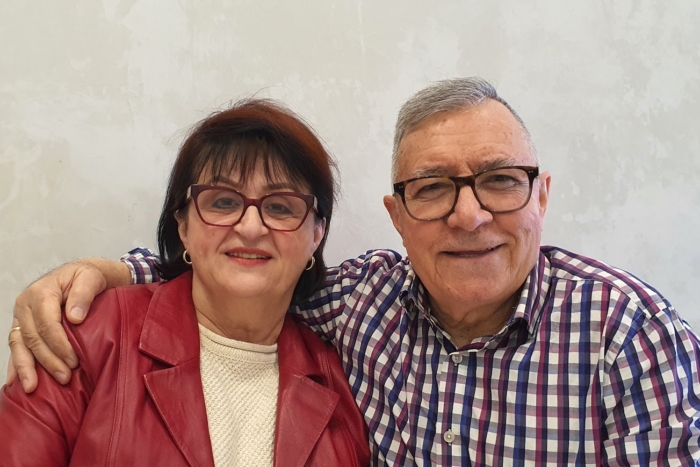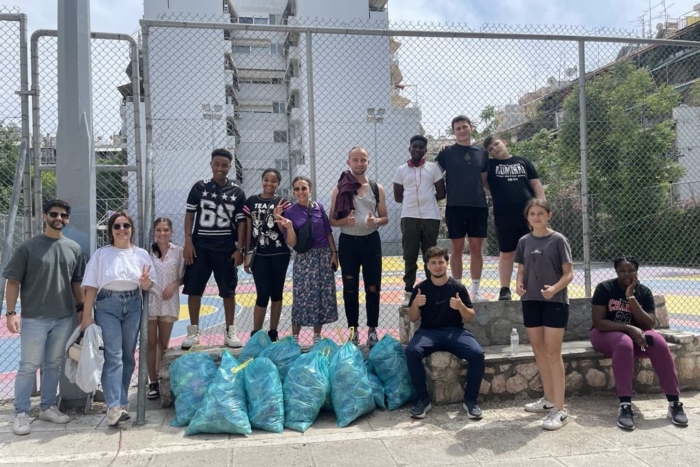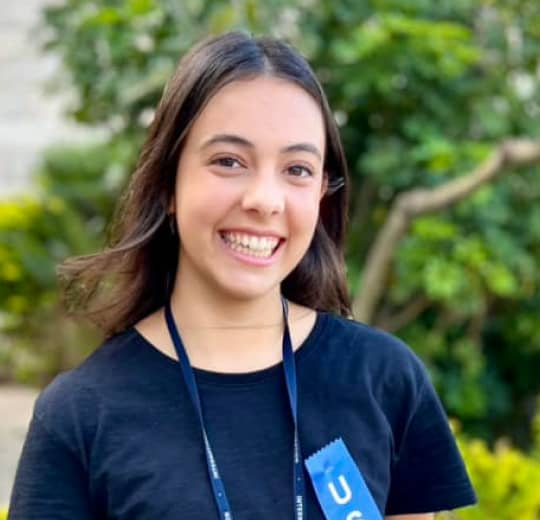Raising capacity in the regions: The reflections of a youth pioneer
In this interview with Australian Baha’i Horizons, Ryan Zare speaks about his pioneering journey and the community-building process underway in his new hometown of Carnarvon, Western Australia.
The regional country town of Carnarvon is located about 1000 kilometres north of Perth in Western Australia at the mouth of the Gascoyne River where the mainland meets the Indian Ocean. Renowned for its fruit and vegetable production, it’s a tropical oasis that for almost four years has served as the hometown of 23-year-old Ryan Zare.
Ryan fell in love with regional WA when he and a group of friends had a three-week stint in a rural town as part of a special summer program dedicated to spearheading the community-building process in the regions.
“Those three weeks are among my most cherished ever,” he recalls. “These friends and I formed close bonds of friendship, and the experience planted the seed in my mind that ‘all forms of service bring joy and draw blessings like a magnet’.”
Upon his return to Perth, Ryan “dove straight into university” but continued to revisit the regions. It’s during this time he felt a yearning to pioneer long-term.
In consultation with the relevant institutions, he moved to Gascoyne cluster, teaming up with the other Baha’is living in the town and securing part-time employment to sustain himself.
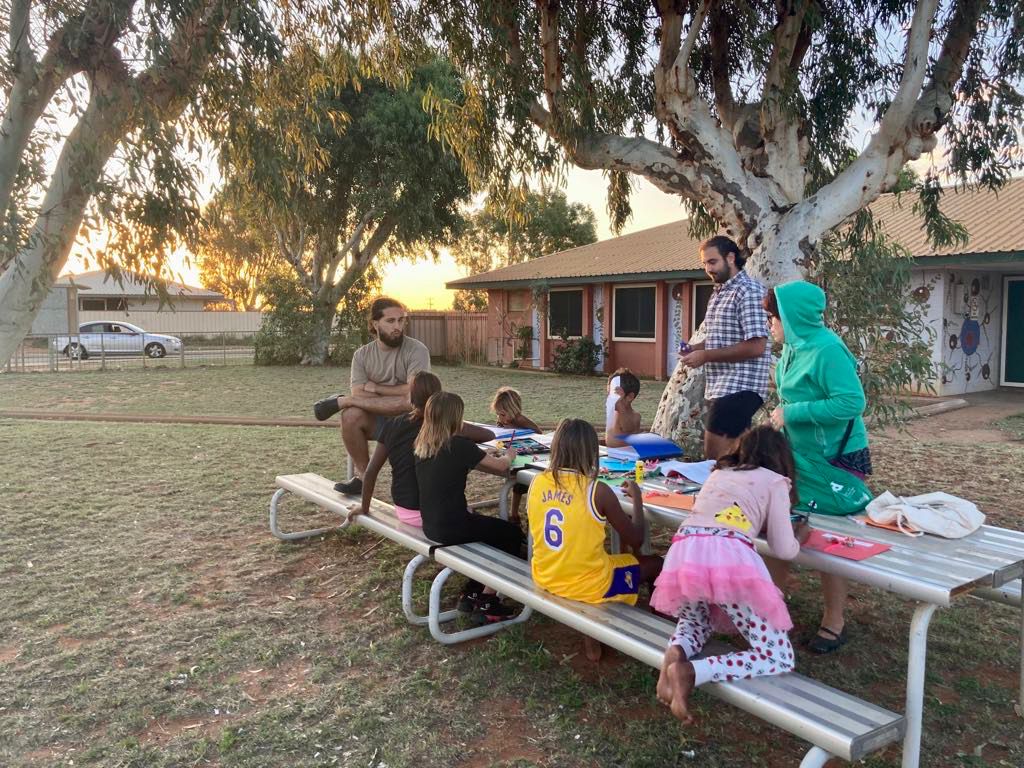
Over the past four years, the Gascoyne community-building process has been underpinned by a solid process of reflection, study and planning and action. Initially focusing on hosting institute camps aimed at embracing more individuals into the fold, Ryan says the approach has shifted more towards capacity-building in recent years, rather than the delivery of events.
“As we gained more experience and learned how to read the reality of the cluster, it became clearer that we needed to adjust our focus to work within a more sustainable model and examine our personal views which included our egos.
“Through deeper reflections we came to realise we needed to focus on the capacity building skills embedded in the institute process.
“While we had managed to run study circles at camps, what we needed to do was to learn how to raise a cadre of tutors. In a sense, we had to take a really good look at ourselves and go back to basics.
“While institute camps were exciting, we needed to see the institute as a capacity building process.”
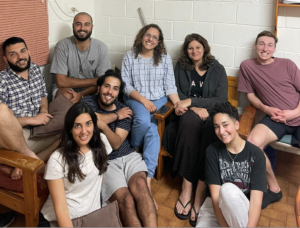
Throughout the pioneering process, Ryan says he has developed patience, generosity, and steadfastness. He says he has grown in his understanding of the trauma that exists in the world and is better able to understand why the Writings say we must ‘let your heart burn with loving kindness for all who cross your path’.
He also says the “love, support and accompaniment” of the Auxiliary Board members has played a significant role in his pioneering journey, as well as some specific Writings that have helped him along his path of service, including ‘Abdu’l-Baha’s words:
The more difficulties one sees in the world the more perfect one becomes. The more you plough and dig the ground the more fertile it becomes. The more you cut the branches of a tree the higher and stronger it grows. The more you put the gold in the fire the purer it becomes. The more you sharpen the steel by grinding the better it cuts. Therefore, the more sorrows one sees the more perfect one becomes. That is why, in all times, the Prophets of God have had tribulations and difficulties to withstand. The more often the captain of a ship is in the tempest and difficult sailing the greater his knowledge becomes. Therefore I am happy that you have had great tribulations and difficulties. For this I am very happy — that you have had many sorrows. Strange it is that I love you and still I am happy that you have sorrows.1
“Leaving an already established life behind and trying to rise to the exigencies of pioneering had been a huge challenge for me,” Ryan says. “At times it requires a mammoth effort, and there are some attitudes and qualities that are monumental which I’m still working on.
“Without a doubt anytime we have felt our efforts are not fruitful and we are running around in circles, the (Universal House of Justice) messages have helped guide and strengthen our action.
“In times of great difficulty, focusing my thoughts on prayer has been a great solace, and in times of prosperity making sure I thank God for both my blessings and challenges has been very humbling.”
To the band of pioneers, whether settlers or itinerant teachers, who have forsaken their homes, who have scattered far and wide, who have willingly sacrificed their comfort, their health and even their lives for the prosecution of this Plan;…I myself, as well as the entire Baha’i world, owe a debt of gratitude that no one can measure or describe. To the sacrifices they have made, to the courage they have so consistently shown, to the fidelity they have so remarkably displayed, to the resourcefulness, the discipline, the constancy and devotion they have so abundantly demonstrated, future generations viewing the magnitude of their labors in their proper perspective, will no doubt pay adequate tribute — a tribute no less ardent and well-deserved than the recognition extended by the present-day builders of the World Order of Baha’u’llah to the Dawn-Breakers, whose shining deeds have signalized the birth of the Heroic Age of His Faith.2
Shoghi Effendi
Thanks for reading.
Subscribe
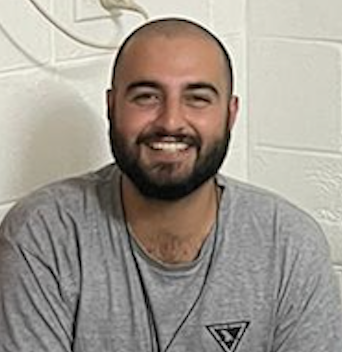
Ryan Zare
Ryan Zare is a youth living in the rural town of Carnarvon in Western Australia. With a yearning to build community, he is working alongside like-minded individuals in his hometown to effect change using the institute process as an engine for growth.
Published in April, 2024, in Individual Initiatives > Interviews
Available online at: horizons.bahai.org.au/individual-initiatives/raising-capacity-in-the-regions-the-reflections-of-a-youth-pioneer/
Related Stories
‘We said yes’: one Australian couple’s international pioneering experience
For Fariba Heydari and her husband Manuel, the notion of leaving their home country to help strengthen the Baha’i Faith’s community-building endeavours wasn’t seen as an outrageous prospect, but ...
From simple conversations to spiritual education sessions
In this interview with Australian Baha’i Horizons, Samin Todd reflects about the new spiritual education sessions initiated alongside families from her children’s school community, and how they ...
‘I saw this Faith’: The story of Margaret Gabey
In this interview for Australian Baha’i Horizons, Dellaram Vreeland speaks to one of the longest-standing Baha’is on Thursday Island, Margaret Gabey, who shares her journey of Faith, and her ...
Love the place you live: A pioneer’s story
Nasser and Farzaneh Sedghi arrived in Sydney from India in 1984. Arriving as refugees, and with little financial support, they spent three years living in the city before deciding to move ...
‘Feeling of hope and faith’: New book injects light into the darkness
Nobel Prize for Literature winner Gao Xingjian says that “It’s in literature that true life can be found. It’s under the mask of fiction that you can tell the truth.” It’s a sentiment that ...
‘We are there to serve’: Two Australian youth share their overseas pioneering story
In this interview with Australian Baha’i Horizons, Jacob Baron and Sami Milani speak about their work assisting with the community-building process unfolding in eastern Europe and explore what it ...


